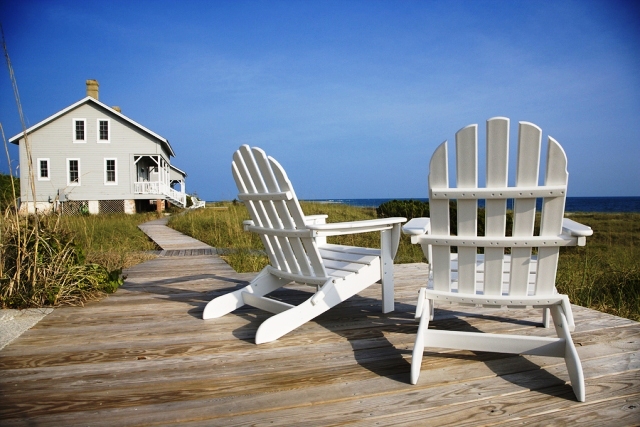Despite the sounds of it, this term does not apply to selling your home and seeing a fat ZERO on the Monies Owed to Seller at closing. This is FAR from a financial “wash” actually. It refers to energy efficiency! By definition, a net-zero home produces as much energy as it consumes. Most of us would agree that part of being a homeowner is watching our spending – trying to cut back on our utility bills is a big part of that. Seeing as most of us likely are unable to attain this completely, we can still utilize aspects that could help put a little jingle in the boat savings piggy bank.
Building Envelope – This is the physical separator between the conditioned and unconditioned spaces of your home. Ever see the sun through those minor gaps in your doors? Seal that up! Although your neighbors appreciate you cooling down the cul-de-sac, your energy bill doesn’t. Other areas to check are leaky ductwork and gaps in attic insulation (and wall insulation if you’re building a home).
Windows – If you’re like many Island residents with an older home, this may apply to you. By upgrading to double-paned, glazed, low-E windows, you’ll not only be saving energy, but you’ll also be better protected in the event of a hurricane. Go the extra mile by purchasing nice shades, too.
Lighting and Fixtures – Wherever possible, swap out your bulbs and fixtures for energy-efficient LED lighting. Install energy-saving ceiling fans in bedrooms and main living areas to assist your AC system with that extra boost of circulation.
Heating and Cooling – This is a big one as it accounts for well over 50% of interior energy bills. When your systems need replacing, do your homework. Three main areas to research: 1) AFUE rating; the closer to 100%, the more efficient; 2) SEER rating; a score of 16 SEER or higher is considered efficient; 3) Output Capacity; two-stage and variable-speed systems are the most energy-efficient. Consider installing a smart thermostat that will automatically adjust to your needs.
Green Power – Check your energy provider as they may offer an opt-in program for renewable energy sources.
YOUR Habits – Be mindful of our own usage and habits. A few tricks: 1) Close your blinds, curtains, or shutters on hot days and switch on your AC before the peak of the heat so it doesn’t have to work as hard. 2) Close off rooms you’re not using. 3) If you’re bad at turning off lights, install sensors in rooms like bathrooms and outside. 4) Remind your family members of the importance of turning off appliances when they’re finished with them.
Reduce your energy footprint as you’re able! Small changes can make a big difference. You can be comfortable, healthy, sustainable, AND no longer live in fear of the monthly mailbox utility bill. Live the COOL life.





 I, for one, admire Winter Texans. They’ve got the right idea: Come to our piece of paradise, spend a few months, spend a few bucks, then repeat! Some come in RVs, others have a home/townhome/condo to which they retreat. The time is coming to welcome our Winter Texans back, and it’s the Winter Texan “way” that reminds me of one powerful investment tool – real estate of course! We are lucky enough to live in a place where many come to vacation. Whether you live here and want to capitalize on the growing rental market, or you’ve got relatives and friends to whom you’d love to persuade to do the same or invest in a vacation home…Get your own piece of Padre Island Pie!
I, for one, admire Winter Texans. They’ve got the right idea: Come to our piece of paradise, spend a few months, spend a few bucks, then repeat! Some come in RVs, others have a home/townhome/condo to which they retreat. The time is coming to welcome our Winter Texans back, and it’s the Winter Texan “way” that reminds me of one powerful investment tool – real estate of course! We are lucky enough to live in a place where many come to vacation. Whether you live here and want to capitalize on the growing rental market, or you’ve got relatives and friends to whom you’d love to persuade to do the same or invest in a vacation home…Get your own piece of Padre Island Pie!
